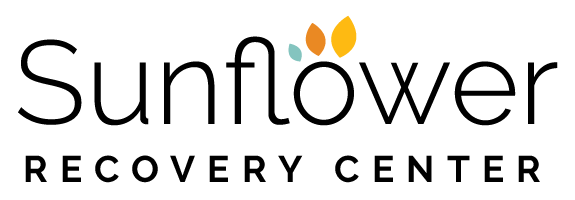Addiction is frequently referred to as a “family disease” because of its ripple effects. While there may be only one person in the family who is physically dependent on drugs or alcohol, the symptoms of their disease have impacts far beyond themselves. Within the familial context, addiction can manifest in various ways, affecting relationships, dynamics, and overall well-being. In this blog, we delve into the signs and symptoms that indicate the presence of addiction within families and explore the importance of seeking help and support.
Signs and Symptoms
- Behavioral Changes: Significant behavioral changes are typically the first signs of trouble. The individual may have erratic mood swings, be prone to secrecy and lying, begin to steal, or change their social circle. Family members may appear tense, emotionally exhausted, and distant.
- Financial Strain: Maintaining an addiction is expensive and regularly leads to financial difficulties. Families may begin to notice unexplained expenses, frequent cash withdrawals from accounts, and unpaid bills. Items of value may go missing as well.
- Neglect of Responsibilities: As the disease takes over, those struggling with addiction frequently neglect responsibilities at home, work, or at school. Seeing a decline in performance, increased absenteeism, or a failure to keep up with household duties and family obligations can be a red flag.
- Isolation & Withdrawal: It is not uncommon for those struggling with substance abuse to isolate and withdraw from friends and family. Spending more and more time alone or with a select few fellow substance users becomes the norm. They get further and further from their loved ones and find reasons not to show up for family functions. .
- Physical Health Issues: It probably comes as no surprise that addiction usually takes a physical toll. You may notice your loved one suffering from sudden weight gain or loss, changes in appetite, neglecting their personal hygiene, struggling with insomnia or always being tired, and unexplained bruising or injuries. In more severe cases, there may be internal damage such as liver failure, kidney failure, or esophageal hemorrhage.
- Emotional Turmoil: Substance abuse wreaks havoc on relationships. Family members are often the ones hit the hardest. Stress, anxiety, conflict, guilt, shame, anger, and hopelessness are all par for the course. Watching someone destroy their life and bring yours down too is a difficult thing to be a part of.
- Enabling Behaviors: “Enabling happens when you justify or support problematic behaviors in a loved one under the guise that you’re helping them.” It can be easy to fall into enabling behaviors because no one likes to watch the ones they love suffer. Ultimately though, covering up for their actions, making excuses for their bad behavior, or providing financial assistance to someone in actively abusing substances is just allowing the cycle of addiction to continue.
- Denial & Avoidance: Denial is a major coping mechanism for families who have a loved one suffering from addiction. Minimizing or ignoring the signs is another common form of avoiding the truth. Parents especially engage in denial and avoidance when they believe the addiction is their fault or happened as a result of something they did. This is a faulty way of thinking and exacerbates the negative consequences of substance abuse.
Seeking Support & Intervention
- Once the symptoms have been recognized, it’s time to take action. Finding professional support and intervention is crucial to successful treatment.
- Open Communication: Creating an environment where you and your family members can speak openly and honestly about their addiction and your concerns is essential. Encourage conversation, actively listen, and refrain from judging. The end result is a better understanding of the situation and a shared desire to get better.
- Education & Awareness: Having a grasp on the fundamentals of addiction, its effects, and various ways to support and treat substance abuse will go a long way. Understanding the nature of addiction can help family members develop empathy and compassion toward those struggling with substance abuse.
- Professional Assistance: Make use of resources available to you. Talk with addiction counselors, therapists, support groups, family and friends, and local addiction treatment programs. Professional intervention can provide invaluable support and guidance for both the individual and the family.
- Setting Boundaries: Establishing boundaries is healthy and necessary. It protects the well-being of the family members and prevents enabling. It also clearly defines behavior that is unacceptable. Boundaries help foster accountability within the family dynamic.
- Self-Care: This is a piece of the equation that is frequently overlooked. Family members will sacrifice their own health and well-being in the pursuit of caring for their loved ones. This is a surefire way to breed resentment and burnout. Take care of yourself. Engage in self-care practices, seek support from friends or support groups, and prioritize activities that promote personal growth and resilience.
Learn More
Addiction is a complex and challenging disease that can have a profound impact on the family unit if not addressed. If you are worried about a loved one’s substance abuse and it’s potential to hurt your family, call Sunflower Recovery today. Our clinical team can talk with you about your situation and offer guidance on next steps. Call us today.

